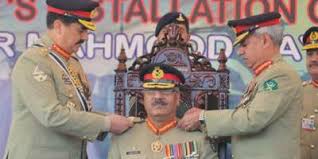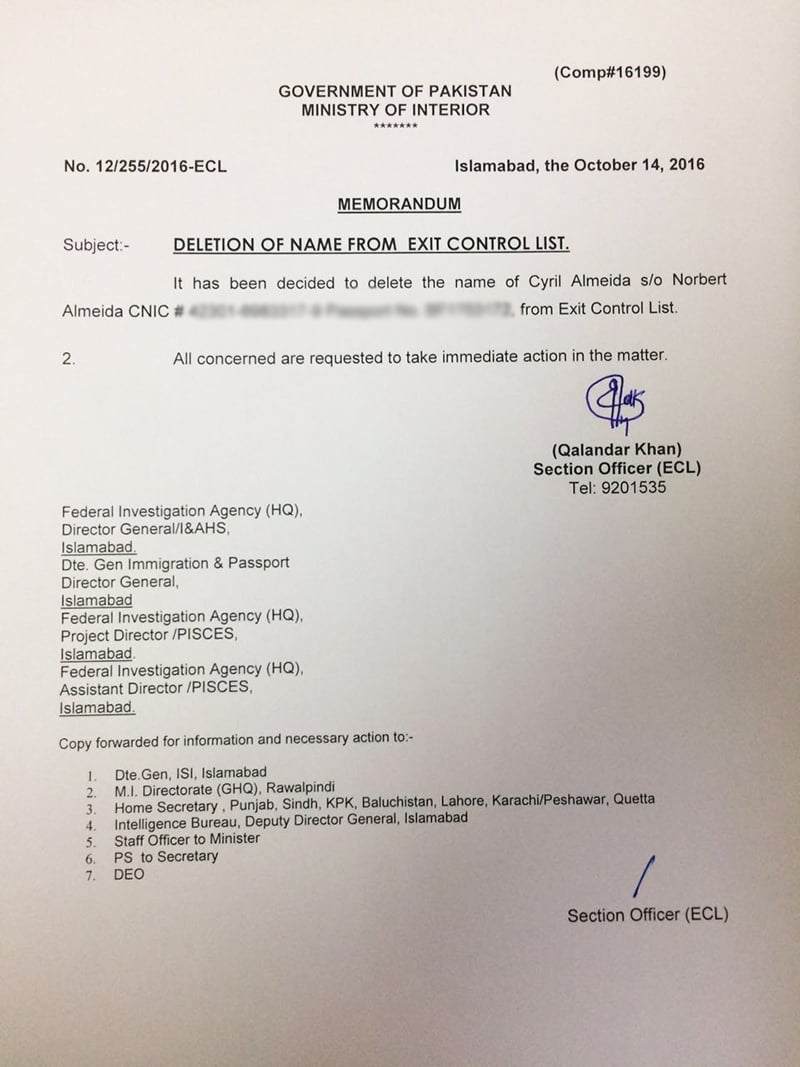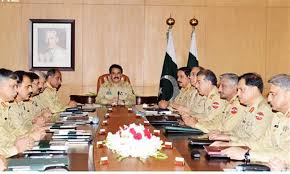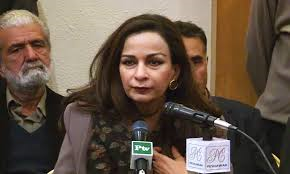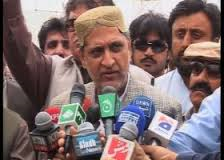After weeks of intense speculation and rumours, Prime Minister Nawaz Sharif has finalised the selection of two senior army officers as Chief of Army Staff (COAS) and Chairman Joint Chief of Staff Committee (CJCSC), reported DawnNews.
A career infantry officer belonging to the Baloch Regiment, Lt Gen Qamar Javed Bajwa has been appointed as the new COAS, while Lt Gen Zubair Hayat has been appointed the CJCSC.
Lt Gen Qamar Javed Bajwa and Lt Gen Zubair Hayat will be promoted to the rank of four-star generals.
Both generals would take up their new posts from Tuesday, the day the current army chief Raheel Sharif retires.
Others in contention for the post of army chief were Bahawalpur Corps Commander Lt Gen Javed Iqbal Ramday and Multan Corps Commander Lt Gen Ishfaq Nadeem.
All four generals are from the PMA’s 62nd long course, but have had different career trajectories.
The formal process for nomination starts with the General Headquarters sending a list of the senior-most generals to the prime minister via the defence ministry, but without making any formal recommendations.
The PM then holds informal consultations with the outgoing army chief before announcing his decision.
Lt Gen Qamar Javed Bajwa
Lt Gen Qamar Javed Bajwa was something of a dark horse in this race for the post of COAS.
He is currently serving at the GHQ as Inspector General of Training and Evaluation — the position Gen Sharif held before becoming army chief — he has commanded the 10 Corps, the army’s largest, which is responsible for the area along the Line of Control (LoC).
Lt Gen Bajwa has extensive experience of handling affairs in Kashmir and the northern areas of the country. As a major general, he led the Force Command Northern Areas. He also served in the 10 Corps as lieutenant colonel, where he was GSO.
Despite his extensive involvement with Kashmir and northern areas, he is said to consider extremism a bigger threat for the country than India.
Lt Gen Bajwa has served with a UN mission in Congo as a brigade commander alongside former Indian army chief Gen Bikram Singh, who was also there as a division commander.
He has previously also remained the commandant of the Infantry School in Quetta.
His military colleagues say he is not attention-seeking and remains well-connected with his troops.
“He is extremely professional, but very easy-going and full of compassion,” an officer who had served under him said, adding that he was not protocol-minded either. Gen Bajwa is also said to be an apolitical person without any biases.
He is from the infantry’s Baloch Regiment, which has given three officers to the post of army chief — Gen Yahya Khan, Gen Aslam Beg and Gen Kayani.
Lt Gen Zubair Hayat
Lt Gen Zubair Hayat is from the artillery and the serving Chief of General Staff (CGS).
As a three-star general, he was previously posted as director general of the Strategic Plans Division (SPD), which is the secretariat of the NCA; and corps commander Bahawalpur. This makes him an ideal choice for the post of CJCSC, who has an almost exclusive jurisdiction over nuclear forces and assets.
His postings as CGS and DG SPD afforded him an opportunity to work very closely with PM Sharif and Finance Minister Ishaq Dar.

